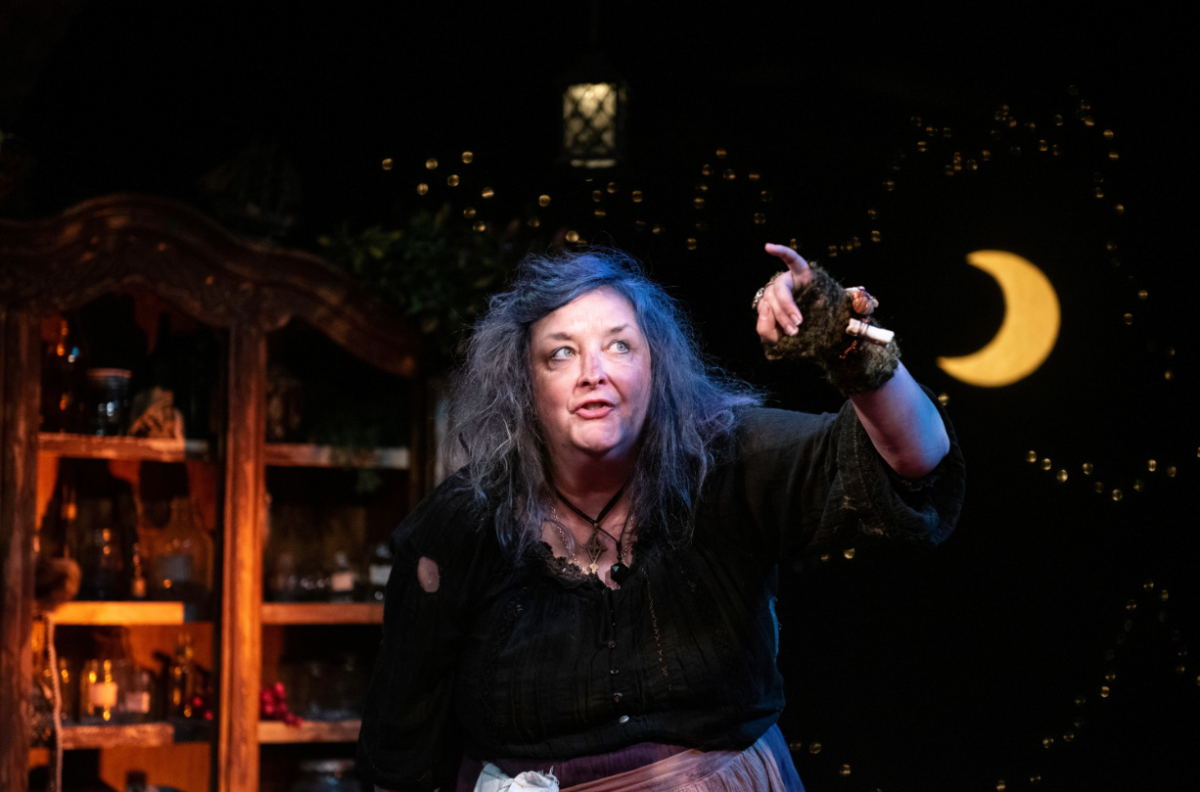Victorian-era Norway was certainly not the proper setting for bra (or, in this case, corset) burning.
To some, Henrik Ibsen may be remembered as just another dead guy everyone had to trudge through in high school English. To many, however, he is considered one of the most important playwrights of all time and even an unlikely women’s ally, who was bold enough to expose social disparities in a time when few others even bothered to consider their harm.
And though 2006 marks a century since his death, Ibsen’s efforts still permeate through today’s playhouses.
For the first time in its mainstage history, University Theatre is producing two full-length shows in rotation, both by Ibsen and meant to commemorate his achievements in casting light on the downtrodden.
Performed on the Stoll Thrust Theatre stage, within the West Bank’s Rarig Center, “A Doll’s House” and “Hedda Gabler” share not only a set and similar props, but also the set designer, sound designer and assistant stage manager, as well.
The real commonality between these two productions lies in the leading ladies at their centers. The characters of Nora Helmer and Hedda Gabler are both married women trapped in an unforgiving society, consumed by their crippling vulnerabilities, unfulfilled desires and weighty choices.
“These two shows were both so shocking when they first came out because of the women they featured,” said “Hedda Gabler” director Daisy Walker. “Ibsen captured that desire to defy society that was really ahead of these characters’ time.”
Directed by University instructor Steve Cardamone, 1879’s “A Doll’s House” was a controversially scathing jab at the strict traditions of marriage and a woman’s place in the household.
In it, Nora (Jennifer Craig) attempts to rescue her husband from debt by forging her father’s signature to arrange a loan. Rather than be grateful, Nora’s husband (Buddy Haardt) is embarrassed at his wife’s attempts to take care of him and accuses her of trying to damage his reputation. Stricken with the realization that she is but a doll in her husband’s dollhouse, Nora abandons her family in order to secure her own place in the world.
“Whether or not society has modernized or rules are slightly different, I feel like we haven’t changed that much as humans,” Craig said. “We live in a very masculine society where the law is built on rationale, not emotion. But, in her heightened circumstance, Nora had valued reasons for doing what she did.”
The motives of Hedda Gabler are equally complex. Numerous actresses have tackled the infamous role, but whether they have chosen to portray her as a rebellious heroine, scheming villain or merely a pathetic victim is another story.
“Hedda Gabler,” written in 1890, follows the ice cold Hedda (Caroline Cooney) in the days after her honeymoon with neurotic academic George Tesman (Brandon Weinbrenner), whom she married solely for economic stability. Bored and suffocated by the confines of the Victorian lifestyle, she is thrown further out of orbit by the reappearance of an old flame (John Skelley) and the news of his dalliance with a foolish housewife (Amaya Alonso Hallifax).
Jealous over the squandered freedom of her male counterparts and coolly capable of manipulation, Hedda seeks to destroy the imbalanced domestic system before it destroys her.
“The play is so extraordinarily complex in its depth,” Walker said. “It’s seemingly accessible at first, but the possibilities and interpretations are endless.”
“People say she’s a bitch, but I always defend her,” said Cooney of “Hedda.” “They need to think about what her life was like before versus now, when it’s at its absolute worst point.
“Still, she never feels sorry for herself,” Cooney added. “It’s so easy to fall into that trap of self-pity, but she stays strong in that respect.”
“Hedda Gabler” and “A Doll’s House”
WHEN: Now through Nov. 11
WHERE: Rarig Center, Stoll Thrust Theatre
TICKETS: $8-12, (612) 624-2345, [email protected]
In a society structured by polite silence, Victorian women like the characters of Nora and Hedda had no other choice but to hush their voices and shoulder their conflicts under a don’t-ask-don’t-tell regime.
“At the time, I don’t think Ibsen knew he was the voice of these women,” Cooney explained. “He just wanted others to see what their lives were like.”
So was this stout, stern, bearded little man really an unintentional feminist of sorts? Walker seems to think so.
“He brought to light that women struggled just as much as men did. He didn’t live his own life by any radical means, but his work shows otherwise,” said Walker. “He, too, broke free through his plays.”







